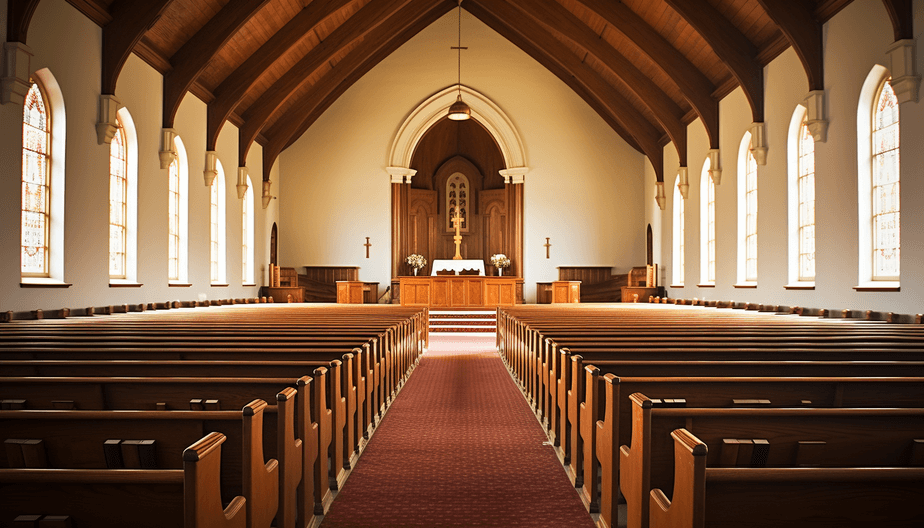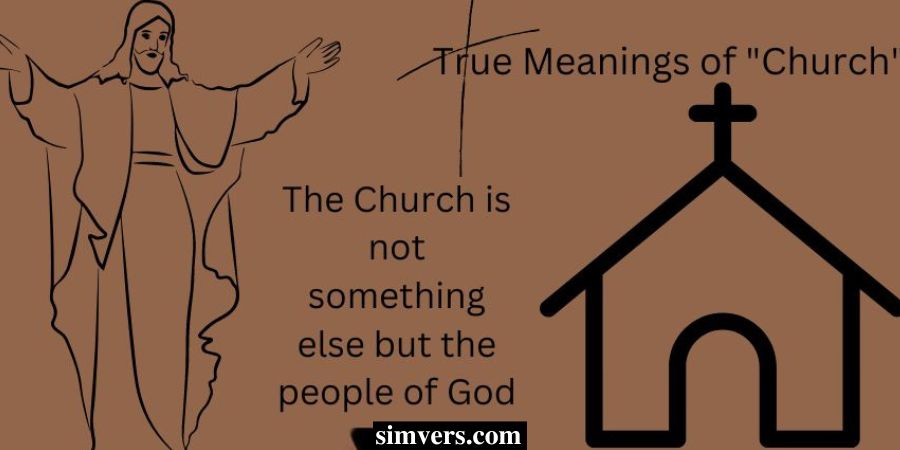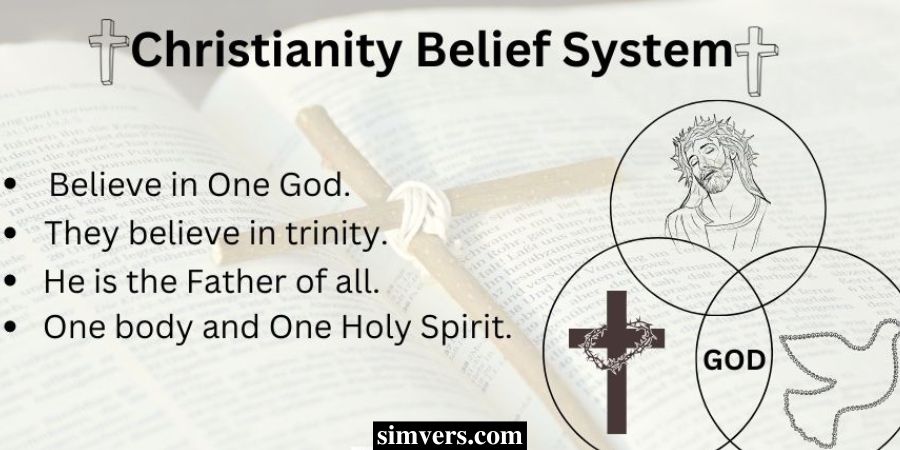
Definition of the Church
The term “Church” can be defined as the Body of Christ, those who believe in Jesus, or one can say that the worshiping community makes the Church.
Meaning of the word church

The word Church is interpreted from the Greek word “Ekklesia,” which demonstrates the association of those who have faith in Jesus Christ. He appoints individuals, usually for a doctrine purpose.
Generally, when the word “Church” pops up, people see it as a building, but in the real sense, it is not a building; it is people’s faith in Christianity.
The Proper Sense of the Christians Church
The Church is a biblical word commonly used to “gather together.” In ancient times, there were no specific buildings or locations where people could come together and give or take a suitable sermon about their religion.
They used to go to somebody’s house secretly and practice their cult. With time and as the faith of Christianity spread, they finally allocated some buildings for the adoration of Christ.
But in reality, these buildings are not the Christian Church; they serve only to serve the people to give Jesus’ teachings. The individuals, organizations, establishments, and faithful are the Church itself.
The Nature of the Church
Four terms stand for the nature of the Church:
- One
- Holy
- Catholic
- Apostolic
These four indicate a community of believers that have pure faith in Christianity.
1. One
“One” denotes the originator and root, “Jesus Christ.” It shows the unity and belief in the oneness of God.
2. Holy
The Church is holy because the teachings, devotions, prayers, and good deeds of Jesus Christ make it holy. You cannot say that all people are pure and good; there are also sinful people, but they didn’t mean the word, Holy.
3. Catholic
This word gives the meaning of “Universal.” It is to spread the teachings of the word of God globally.
4. Apostolic
The Church is ‘Apostolic’ in that it is founded on the apostles’ faith. She continues to be taught, sanctified, and guided by the successors of the apostles, the bishops, assisted by priests, in union with the successor of Peter, the Pope (CCC 857-865)
MORE:
- Do You Have To Be Baptized To Go To Heaven?
- Gayatri Mantra
- Greek Gods & Goddesses
- Release Rage
- Holy Spirit
Difference between visible and invisible Church
The Bible has never been used for visible and invisible Church etiquettes. But this idea saw the light of day because of the biblical perception of devotion or faith.
| N0. | Visible Church | Invisible Church |
| 1 | This refers to the prayers, get-togethers, retreats, conventions, crusades, and the likes we see in various churches. It is the practices that are visible to the human eye. | This terminology of the Church shows the true Church that only God can see. |
| 2 | It represents the physical locations and particular places of worship where Christians meet. | The invisible Church needs no physical appearance; this Church is amongst the individuals. |
| 3 | Furthermore, it does not define the purity of faith, emotions, and deeds of a human being. | The invisible Church is the Church of God over the earth, which is aware of your past, present, and future. |
Kinds of Church
There are three kinds of the Church based on belief. As these are
- Memorial churches
- Maintenance churches
- Movement churches
1. Memorial churches
Such a Church believes that the days in the past were good and more acceptable than now. The older men and women had a solid faith in Jesus, and they were dutiful.
2. Maintenance churches
This term indicates the present; they think today’s things are better than ever. They demoralize the change in today’s belief. However, the maintenance churches make the congregants happy.
3. Movement churches
These churches represent the faith that good days are still to come. They believe in the future. They still have fears and are uncomfortable today, but their faith is strong, which makes them stronger.
Denominations of Christianity

Christianity has different dominations based on faith, power grasp, manipulation, misguidance, and many more. Some significant authorities are built based on these differences, and these are:
- Episcopal
- Assembly of God
- Roman Catholic
- Methodist
- Baptist
- Lutheran
- Presbyterian and many more
These denominations are typically separated by their differing opinions on various matters, including:
- Dependability and imagination of the Bible
- System of governance
- Traditions
- Service styles
- Redemption
- Leadoff misdeed
- Atonement
- Nature of Mary
- Divine messenger
- Rebirth of Christ
- The Trinity
- Nature of Jesus Christ
- Belief and duty
- Mortal protection and many more
Conclusion
The Christian Church is not a property; it is the person who has pure faith in Jesus Christ and who pays all his obligations to Jesus Christ. They all believe that God is One; they adore Him and prostrate themselves before Him. The Church demonstrates the Holy Spirit, and the Church is of Jesus Christ itself.
MORE:
- How Long Should You Wait After Death For The Funeral
- How Soon After Death Do You Go To Heaven
- Japanese Gods
- Jesus’ Birth
- Is Jesus God
